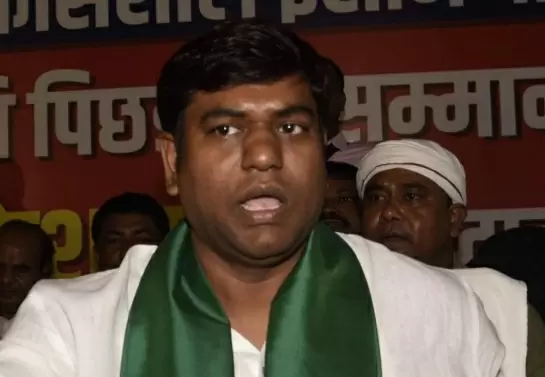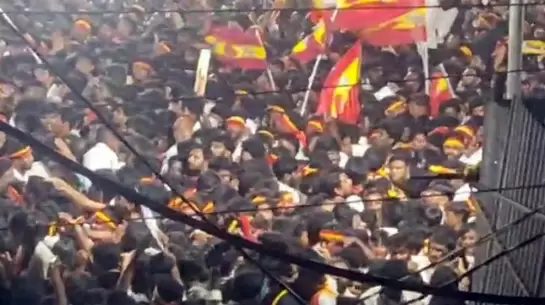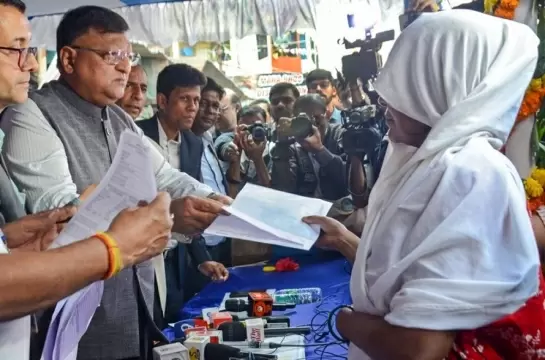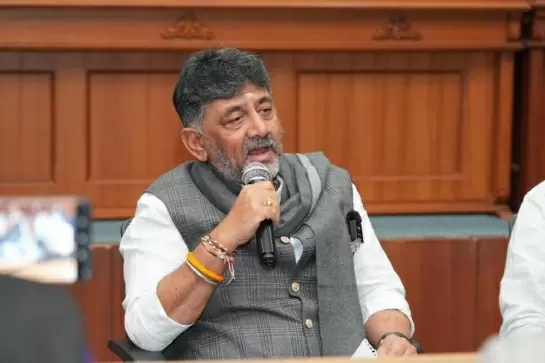Collaboration key to realise India's 'Smart City' dream
20-January-2020
In order to fast create better smart cities in India, joint research between universities assumes significance as it makes it more relevant to people owing to its immediate applicability, a senior government official said on Monday.
According to Dr Arvind Varshney, Head of Smart Cities Mission Management Unit at Ministry of Housing and Urban Affairs, collaboration is the key to advance research, education and outreach projects that address pressing urbanisation challenges to make it a smart city.
"It allows the implementing agencies to fine-tune their solutions for the best possible outcomes at the best possible price, in the least possible time and in most sustainable ways," emphasised Varshney who heads India's $34 billion smart city mission unit.
An architect by training, Varshney chose to pursue a mid-career PhD at the University of New South Wales (UNSW) in Sydney. He returned to India in 2016 and has been leading the Smart Cities Mission Management Unit since 2017.
"With a basic degree in architecture, I had a keen interest in sustainability, cities, and technology. I packaged the three and weaved my PhD proposal together focused on the assessment of sustainability of cities using spatial technologies," said Varshney.
These days, most development plans are co-created as a collaborative exercise within the quadruple helix - where governments, academia, civil society and industry work together to envision and implement the plans.
"When these plans involve anything new and innovative, due diligence is required before it can be rolled out. This is where joint research between implementing agencies and universities are of immense value," Varshney noted.
Last month, The PLuS Alliance -- a partnership between Arizona State University (ASU), King's College London (KCL) and UNSW -- signed a Memorandum of Understanding with the Pune Smart City Development Corporation Limited (PSCDCL), to advance research, education and outreach projects that address pressing urbanisation challenges to make it a smart city.
"Collaboration is key if we are to find effective solutions to the challenges of rapid urbanisation -- and to the sustainable and inclusive development Pune Smart City Development Corporation aspires to," said UNSW President and Vice-Chancellor Professor Ian Jacobs.
The PSCDCL has also won a central government award for its 'Smart Clinic' initiative under the category titled "Social Aspects".
According to Varshney, universities with their knowledge and skill base can contribute to evaluating the problems (and proposed solutions) from multiple perspectives and provide evidence on their relevance and effectiveness.IANS
Opposition Moves to Impeach Justice G R Swaminathan; Kanimozhi Cites Loss of Public Trust
Akhilesh Yadav Slams Centre, Yogi Govt Over Pollution And SIR Drive
PM, HM Set Out To Become Historians But Became ‘Distorians’: Jairam Ramesh
Under-16s Blocked From Social Media In Australia As Ban Comes Into Force
Armed Man Arrested At Vijay’s Puducherry Rally Venue, Security Tightened









